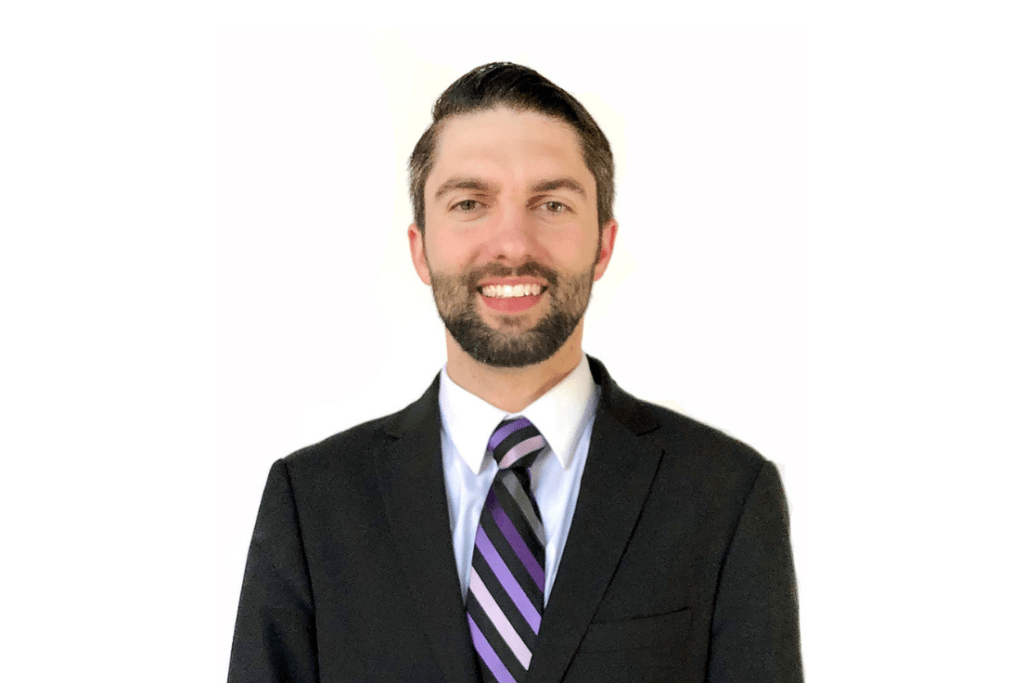The new public charge rule went into effect less than a year ago, but in this short time has an unusually active history. It has come and gone, come and gone, and has come back once again.
The rule was an effort by both the Department of Homeland Security and the Department of State to prevent immigrants who are “public charges” from being admitted into the United States or adjusting status in the United States. A “public charge” is defined in immigration law as someone who is or will likely be “primarily dependent on the government for subsistence.” Both the Form I-944 from Homeland Security and the DS-5540 Form from State required evidence such as tax returns, credit scores, or health insurance policies to prove that an intending immigrant would not become financially dependent on the government.
As a firm, we have been watching the progress of various lawsuits trying to stop this rule. Whenever the rule was being enforced, however, we and our clients have followed it. Even with the extra requirements and complications, we still helped our clients achieve success and become permanent residents in the United States.
In early November, a federal district court vacated this new rule, in the case Cook County, Illinois, et al. v. Wolf et al. This court action is different from those that came before. Previously, courts enjoined the rule, meaning the rule was not eliminated, but Homeland Security and State were blocked from enforcing the rule while waiting for judges’ decisions. This time though, eliminating the rule and blocking enforcement is a judge’s decision.
However, Homeland Security immediately appealed to the U.S. Court of Appeals for the Seventh Circuit. The Seventh Circuit decided that during the appeal, the district court’s decision is stayed, meaning the public charge rule is in force once again. (The rule for State is still enjoined, and so could come back, depending on court developments.)
Therefore, the I-944 form is still necessary for adjustment of status. We will continue watching this never-ending saga of the public charge rule, and advising our clients on what it means for them. Nevertheless, in our experience across all our offices, we see that even with these extra requirements and complications, we are still achieving success for our clients and they are still becoming permanent residents in the United States. We do not expect that to change.
Wilner & O’Reilly is a multi-state law firm exclusively dedicated to the practice of immigration law. During these uncertain times, we at Wilner & O’Reilly are closely monitoring all immigration changes so that we can provide individuals with the up-to-date information they need. For individualized advice on your immigration situation, please feel free to contact us. We offer free consultations at our offices in Orange, Riverside, Fresno, Sacramento, and San Francisco, California; Salt Lake City and Orem, Utah; and Boise, Idaho.
ABOUT THIS AUTHOR(S)

J.J. Despain is the managing attorney in Boise for W&O’. He is admitted to the Colorado State Bar and practices mostly employment-based and family-based immigration law. J.J. graduated from Brigham Young University, where he earned a Bachelor of Arts in communications with an emphasis in print journalism. He spent two years as an opinions editor, sports editor, and web editor for the campus newspaper, The Daily Universe. J.J. also earned minors in both Spanish and political science. After his undergraduate studies, J.J. attended law school at the University of Iowa College of Law. In Iowa, J.J. was the president of the student chapter of the J. Reuben Clark Law Society, a managing editor of the Iowa Law Review, a judicial clerk for the Honorable Stephanie M. Rose of the U.S. District Court for the Southern District of Iowa and was involved with the Latino Law Students Association and Sports Law Society.


Comments are closed.